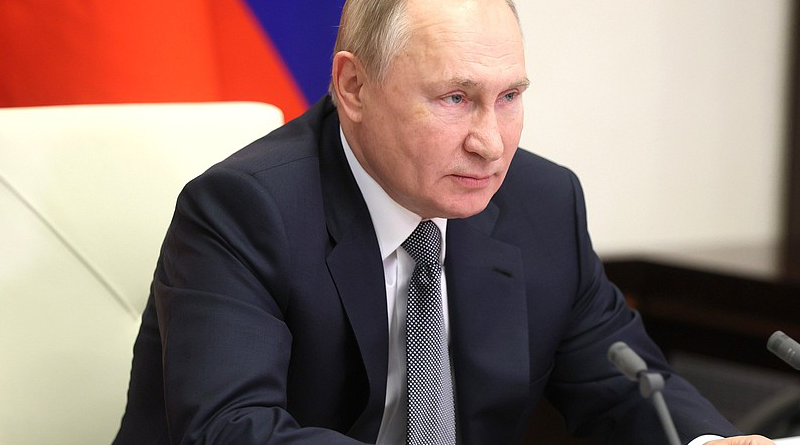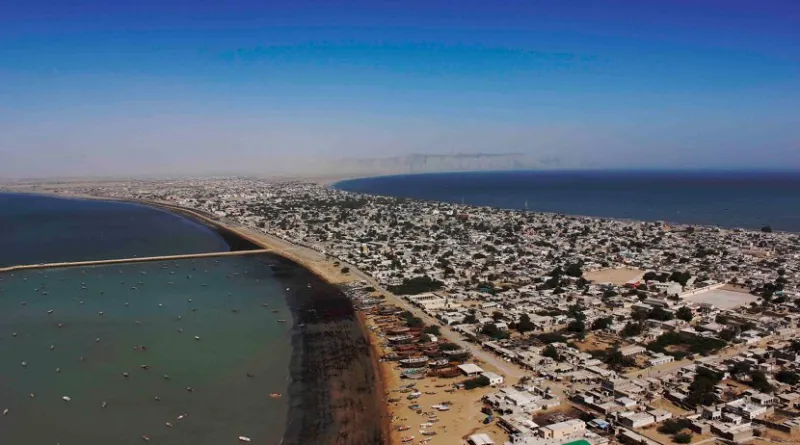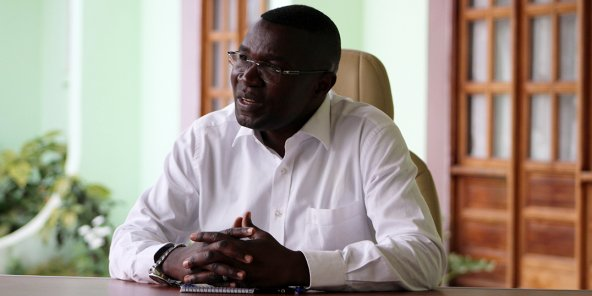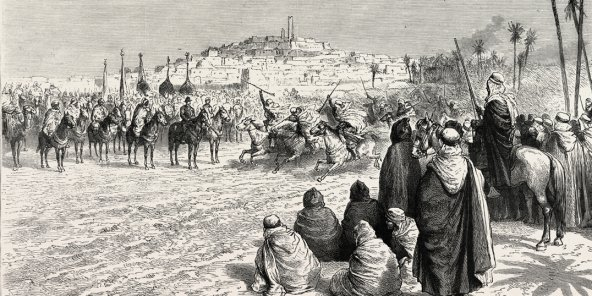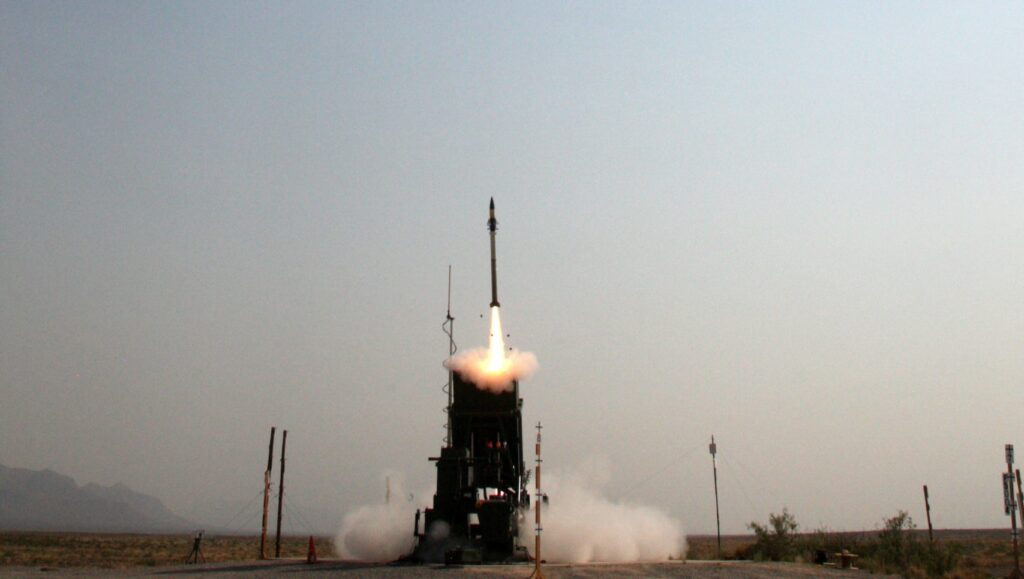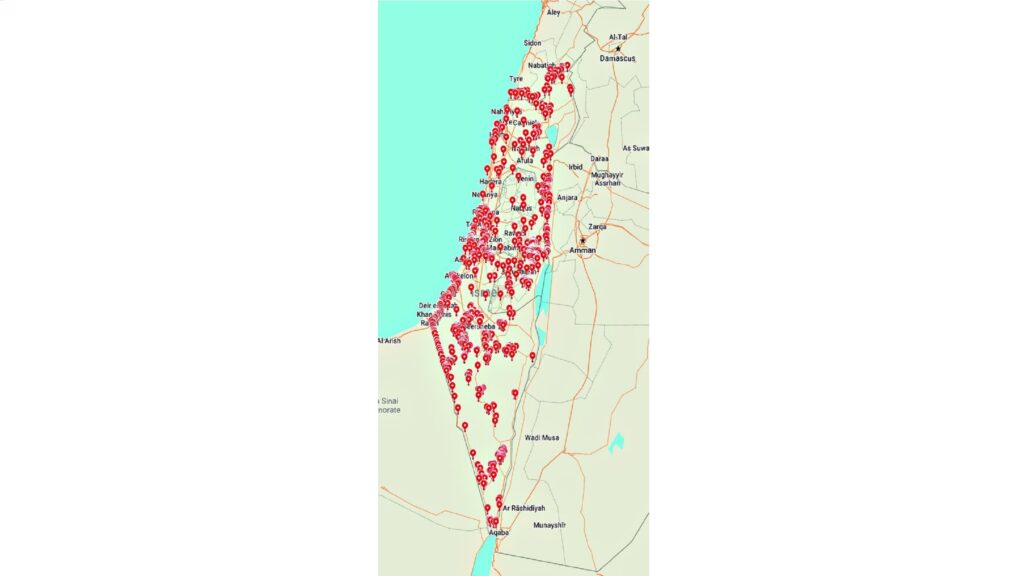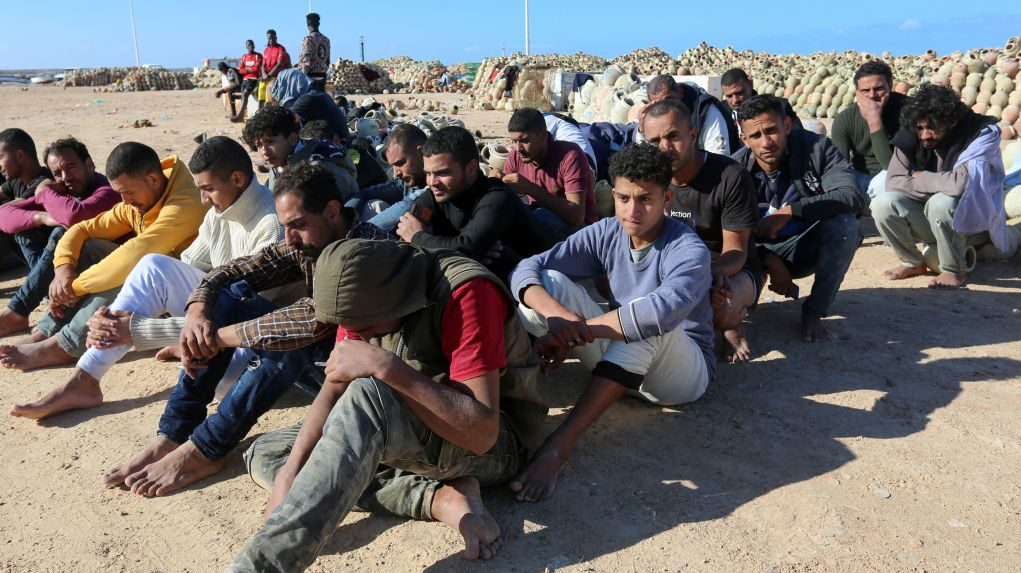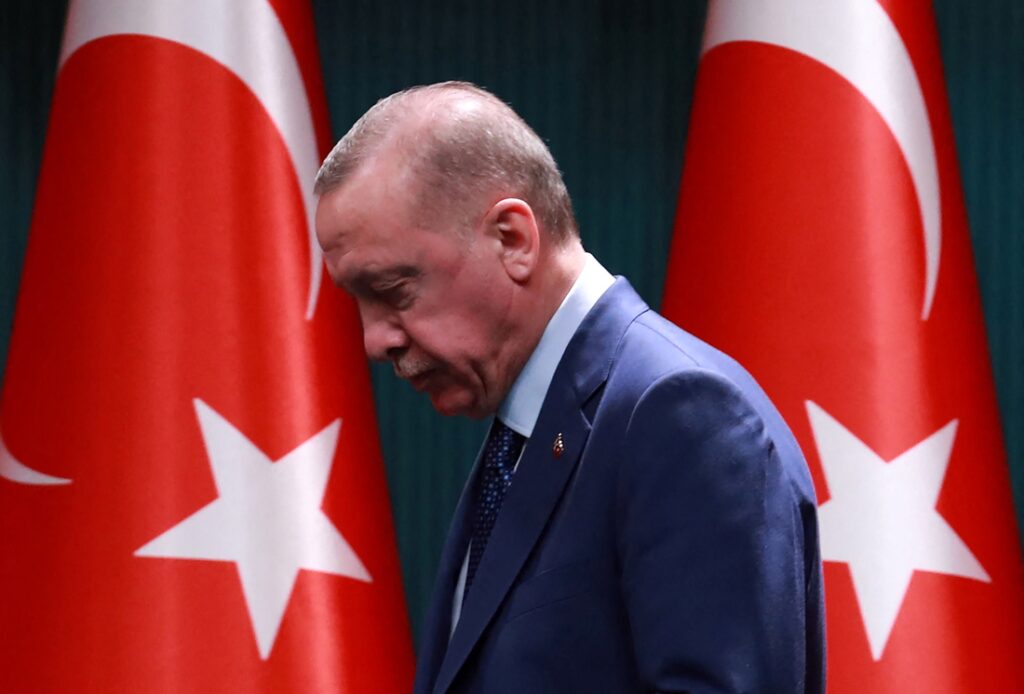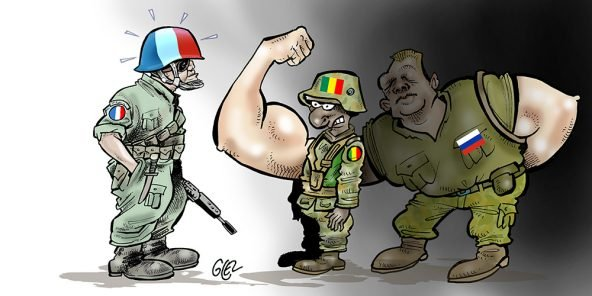Russians Split On Responsibility For Worsening Tensions Over Ukraine – Analysis
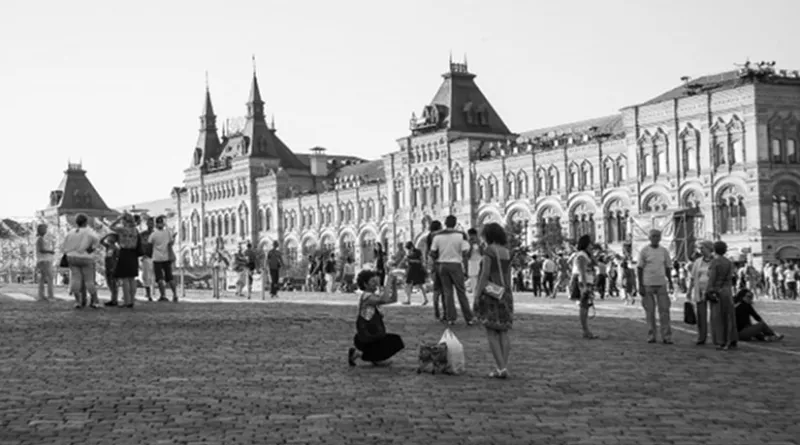
Older Russians blame NATO for rising tensions between the Kremlin and Western powers over Ukraine, according to a public survey conducted this week by an independent Moscow-based pollster.
Across all age groups, half of those polled by the Levada Center believe the United States and other NATO nations are “the initiators of the exacerbation of the situation in eastern Ukraine,” while only 4% blamed Russia. Sixteen percent saw Kyiv as being responsible for worsening relations.

